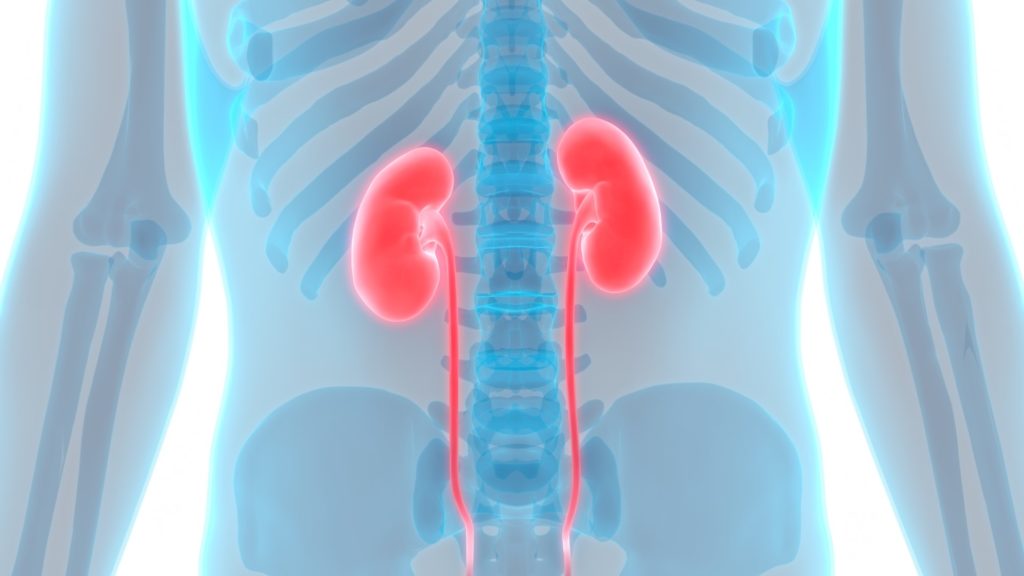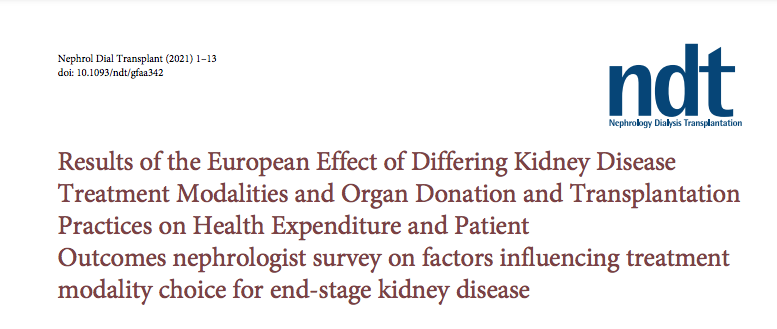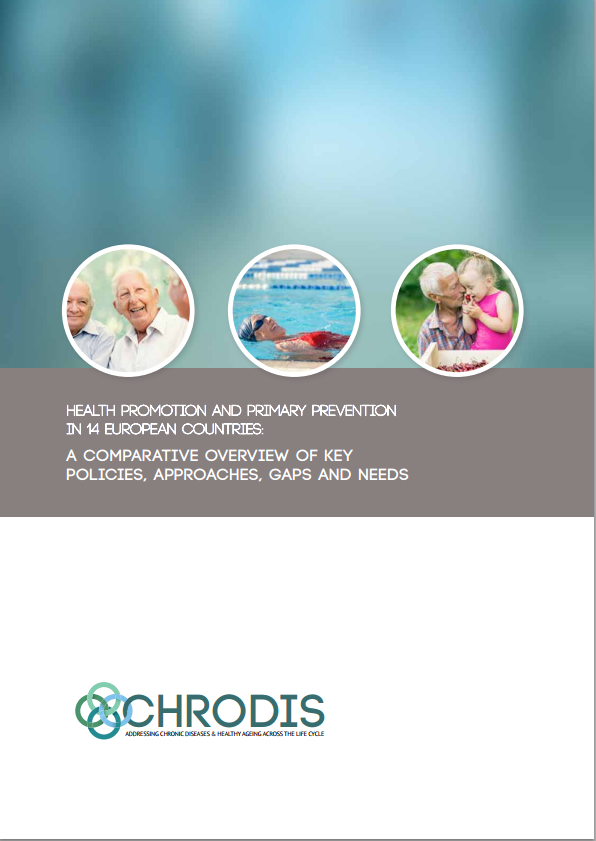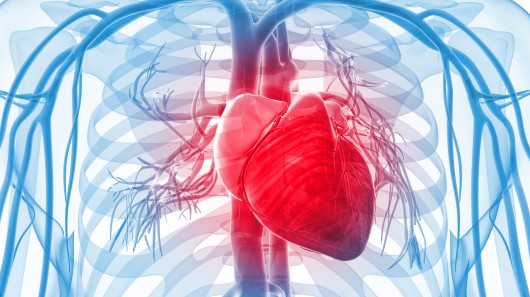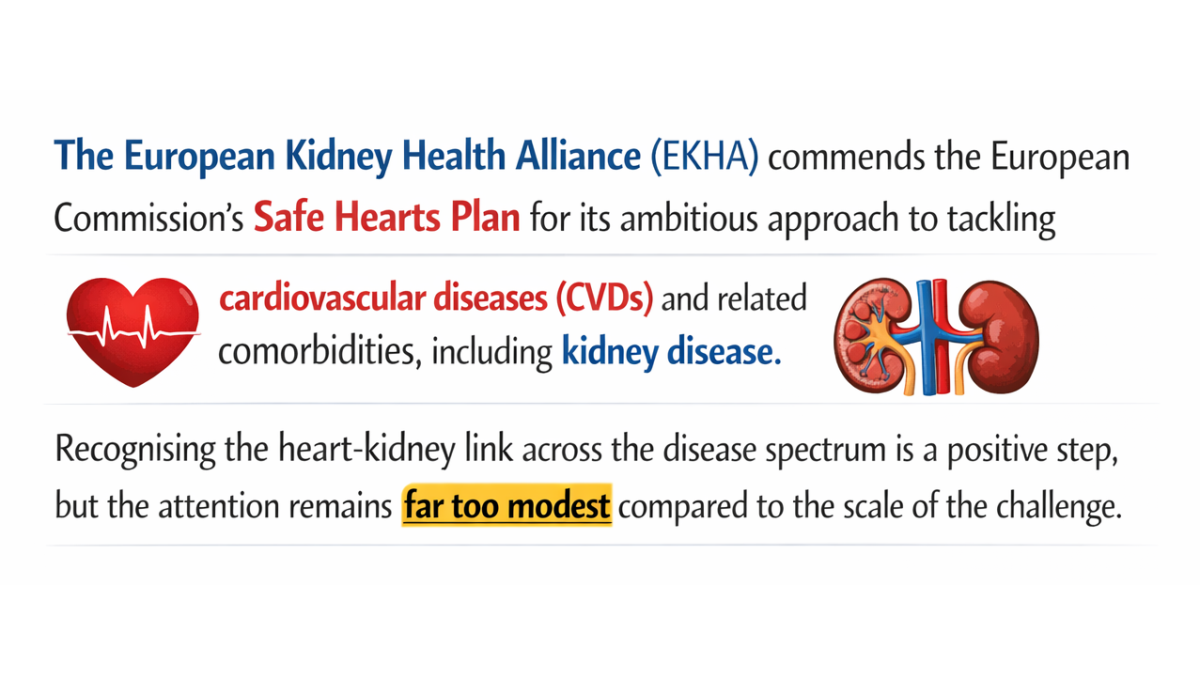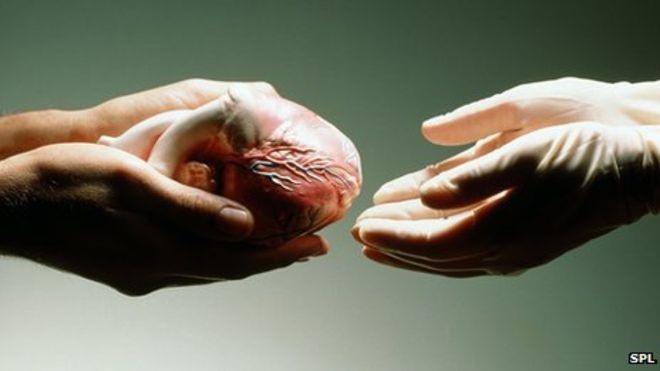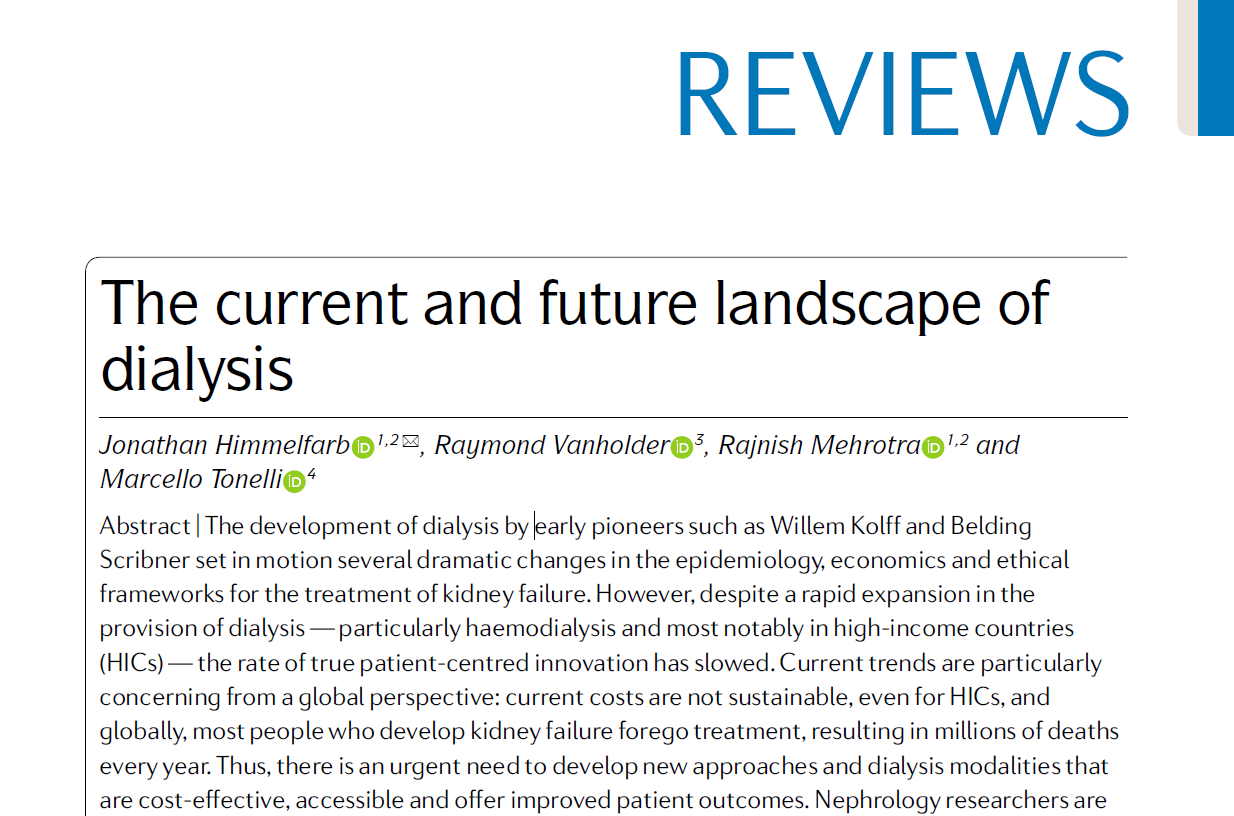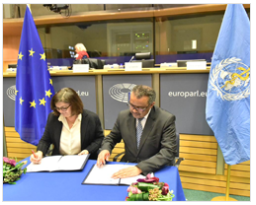Fighting the unbearable lightness of neglecting kidney health: the Decade of the Kidney™
The latest publication of EKHA provides an in-depth overview of the elements that constitute the current challenges in kidney disease. The publication, which can be used for advocacy purposes, emphasizes the urgent need to reduce the rapidly growing burden of kidney disease worldwide. In Europe, it is estimated that 100 million people live with Chronic Kidney Disease (CKD) and 300 million are at risk of developing the illness. Most are unaware of their condition. Further, 130,000 Europeans are estimated to die from CKD every year, and it is projected to become the fifth leading cause of death globally by 2040.
Kidney disease poses a significant social, psychological and financial burden to both patients and society at large. Many patients with CKD suffer from co-morbidities that demand frequent hospitalisations. In addition, current treatments have severe side-effects and fail to alleviate the physical symptoms of CKD. Continuous uncertainty about treatment availability, and the need for weekly hours-long visits to haemodialysis centres pose a heavy mental health burden on patients. Social, educational and professional developments are often hampered by treatments. This not only leads to increased rates of depression in CKD patients, but also results in productivity losses for society. It has been determined that the extrapolated annual European health care cost of kidney disease is at least as high as that of cancer and diabetes. The environmental cost of CKD is also substantial. Dialysis treatments create an environmental burden as they require high energy and water consumption and produce large amounts of plastic waste.
In the last thirty years, very little progress has been achieved in the development of novel treatment options for kidney disease. The paper calls for investments in research that would focus on improving kidney health as has been the case for cancer research up until now, and to make investment proportional to economic and human cost. Additionally, gaps across countries in the delivery of kidney care services subsist in Europe, in particular, there is significant variability in workforce distribution as well as in access of valid candidates to therapeutic options. Challenges in availability and access to kidney care must be tackled.
Finally, the paper calls for all nephrology professionals, patients and their families, caregivers, and kidney health advocacy organizations, to draw during the Decade of the Kidney™ (2020-2030) the attention of authorities to realize changes in understanding, research and treatment of kidney disease. It must be acknowledged that raising awareness about kidney health will not be sufficient to address current challenges. Prioritising diagnosis and simplifying care trajectories through a collaborative effort between authorities and stakeholders are essential.
Read the full publication here.

